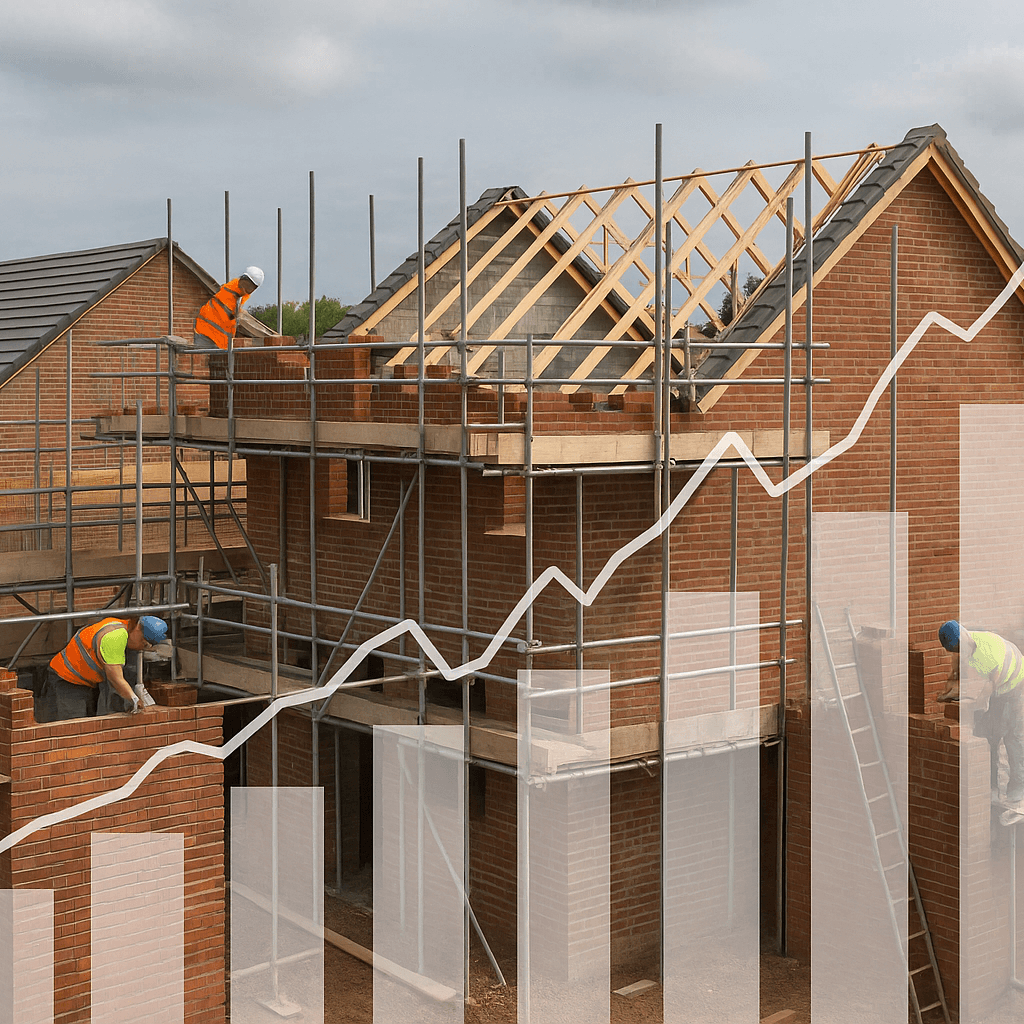Meter Squared Estimating in the construction industry refers to the practice of calculating the cost of a construction project based on the total area in square meters of the project. This method is commonly used for initial cost assessments and budgeting, particularly in the early stages of project planning when detailed specifications may not yet be available.
Key Features:
- Initial Cost Assessment: Provides a quick and straightforward way to estimate the overall cost of a project.
- Cost per Square Meter: Uses a standardized rate per square meter, which can be adjusted based on various factors such as project complexity, materials, and location.
- Simplified Budgeting: Ideal for preliminary budgeting before detailed designs and specifications are developed.
Process:
- Area Measurement: Calculate the total area of the project in square meters.
- Cost Rate Application: Apply a cost rate per square meter, which reflects the expected average costs based on similar projects.
- Adjustment Factors: Adjust the base rate to account for specific factors such as:
- Project Complexity: More complex projects may require higher rates.
- Materials Used: High-end materials can increase costs per square meter.
- Location: Costs may vary significantly based on geographic location and local market conditions.
- Preliminary Estimate: Combine the area measurement and adjusted cost rate to produce a preliminary project cost estimate.
Benefits:
- Speed and Simplicity: Enables rapid cost estimation without the need for detailed project information.
- Early Budgeting: Helps stakeholders develop an initial budget and assess project feasibility.
- Benchmarking: Provides a basis for comparing costs with similar projects.
Limitations:
- Accuracy: Less accurate than detailed estimating methods, as it relies on generalized cost rates.
- Detail Requirement: As the project progresses, more detailed and precise costing methods are necessary to ensure accuracy.
- Variability: Cost rates can vary widely based on numerous factors, so adjustments are essential for a more accurate estimate.
Applications in Construction:
- Feasibility Studies: Used in the early stages of project planning to determine if a project is financially viable.
- Preliminary Budgeting: Helps set an initial budget before detailed designs are available.
- Cost Comparison: Allows for quick comparison of costs between different project options or designs.




